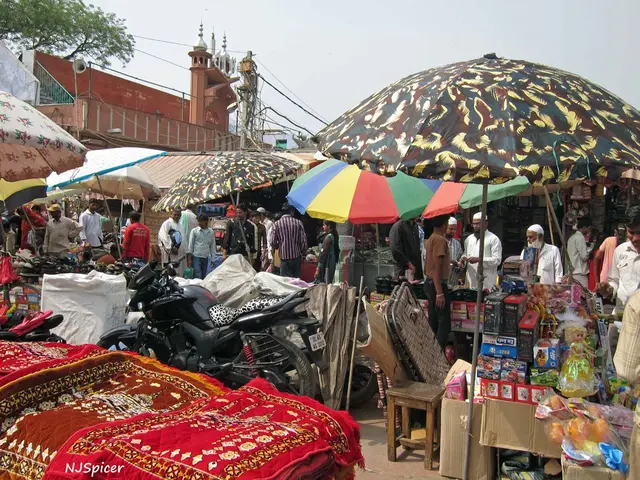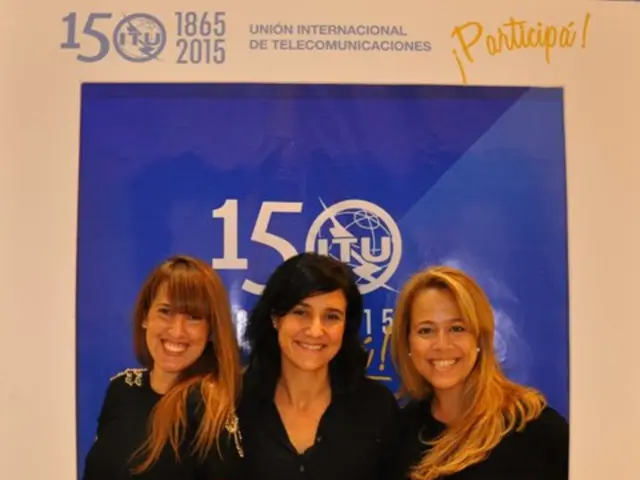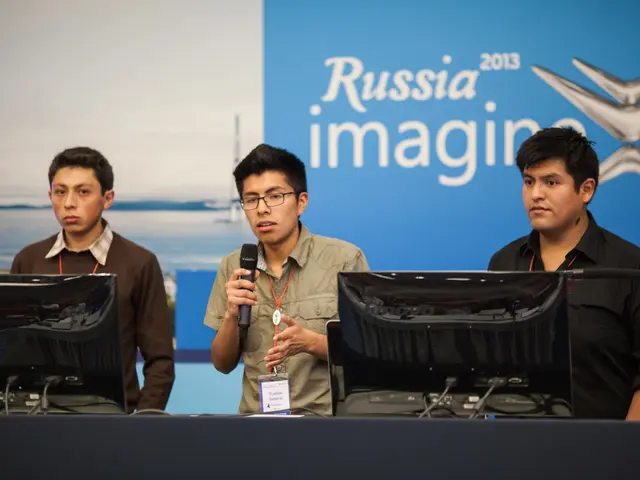Thailand Cracks Down on Slot Machines: Extensive Campaign Over Fears of Youth Influence
Claw Machines Under Thai Authority Scrutiny
Here's the scoop on Thai authorities cracking down on those beloved claw machines found in shopping malls, street stores, and leisure zones across the land.
Scrutinizing Claw Machines: The Nitty-Gritty
It seems that claw machines are under fire due to their gambling nature, with Minister Chiarporn Sindhuprasert expressing readiness to address consumers' complaints — especially in instances causing harm or creating conditions that could lead to addictive behaviors.
Police Raids and Seizures
Recent raids, such as in Bang Yai, Nonthaburi province, have led to the confiscation of four gaming machines positioned near a local market. These machines accepted both coins and banknotes, making them accessible to all, including minors. Despite efforts to identify the owners, they remain elusive, fueling the fire of suspicion around their legality.
Persistent Prohibition
Thai law asserts that any devices offering random payouts in exchange for monetary bets are illegal, putting these gaming machines in a tricky spot.
Looming Dangers for the Youngsters
Critics are rattling their sabers over the potential dangers these machines pose to the younger generation. The lack of oversight and proper licensing has paved the way for exploitation, with some operators sidestepping safeguards to fatten their wallets.
In light of these concerns, authorities in provinces like Nakorn Nayok have taken a stand by seizing 77 machines operating without valid permits. While some operators claimed to have permits from local authorities, none were legitimate under the law.
Emphasizing Import Regulations
Aside from the legality of claw machines, it's crucial to address the issue of importing these devices. MP Ronnarong Kaewpetch has called for an investigation into import channels, raising questions about customs inspections, certifications, and the grounds for their entry into Thailand.
This push is part of a broader policy aiming to limit gambling in Thailand. However, inconsistent enforcement practices mean some operators continue to operate under the guise of legality.
Now, let's delve into the nitty-gritty.
The Law of the Land
Claw machines in Thailand face legal scrutiny due to their gambling nature. Machines offering a chance to win non-guaranteed prizes are classified as illegal gambling, while those providing a guaranteed prize (regardless of its monetary value) are permitted. The Interior Ministry explicitly prohibits licensing for claw machines because of anti-gambling policies. Any operator must prove their machines do not involve chance-based outcomes to avoid legal consequences.
Societal Concerns
The rapid spread of unregulated claw machines raises flags about gambling-related harm, particularly impacting younger demographics. The absence of a clear licensing framework increases the potential for exploitation, as operators may circumvent safeguards to boost profits. This trend has led authorities in provinces like Nakhon Nayok to seize 77 machines for operating without proper permits, reflecting a nationwide crackdown effort.
Industry Impact
Operators face seizures and prosecutions, with the legal grounds depending on the machine's design. Lawyers argue that compliance requires guaranteed prizes per play, a model that conflicts with traditional "skill-based" claw machines. This crackdown echoes Thailand's broader stance against gambling, prioritizing social order over entertainment industries reliant on chance-based mechanics.
- Minister Chiarporn Sindhuprasert is ready to address consumers' complaints about claw machines, which Thai authorities believe cause harm or create conditions that could lead to addictive behaviors due to their gambling nature.
- In the Bang Yai, Nonthaburi province, four claw machines accepting coins and banknotes, making them accessible to minors, were seized during a police raid, yet their owners remain elusive.
- Inconsistencies in enforcement practices allow some operators to continue operating claw machines under the guise of legality, even though Thai law deems them illegal, as they offer a chance to win non-guaranteed prizes.
- The rapid proliferation of unregulated claw machines has led to societal concerns over gambling-related harm, particularly affecting younger demographics and increasing the potential for exploitation.
- The legal crackdown on claw machines enforces Thailand's broader stance against gambling, prioritizing social order over entertainment industries reliant on chance-based mechanics. Lawyers argue that operators must comply by providing guaranteed prizes per play to avoid legal consequences.




